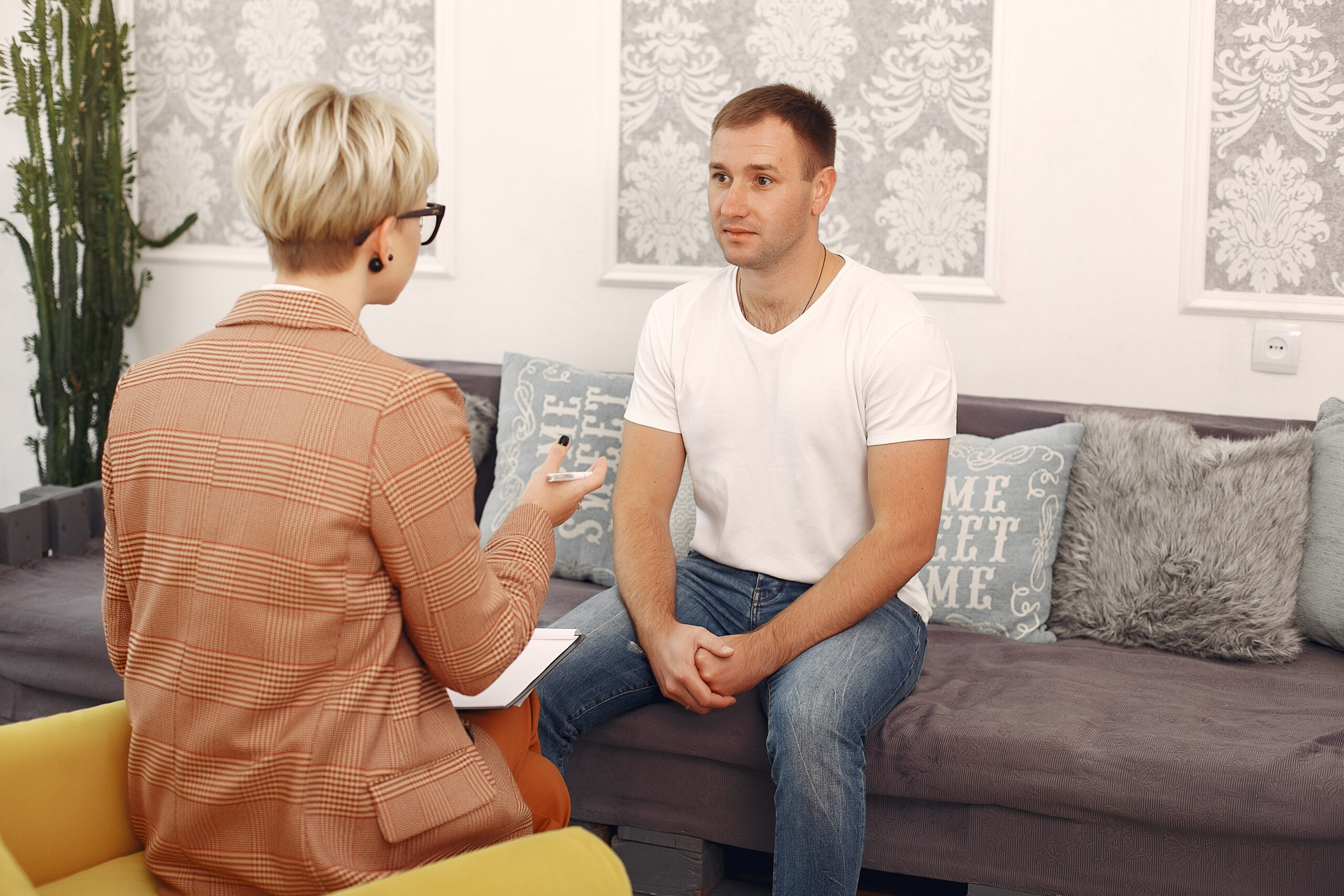Are Online Psychologists Suitable for Children and Adolescents?

In today’s digitally connected world, online therapy has emerged as a powerful tool for addressing mental health challenges across age groups. Among the growing demographic seeking mental health support online are children and adolescents—a generation already immersed in digital platforms. But the question remains: Are online psychologists truly suitable for young minds? Let’s examine the advantages, drawbacks, and usefulness of internet therapy for kids and teenagers.
The Rise of Online Therapy in a Digital Age
Online psychologists are in high demand, especially in the wake of the COVID-19 pandemic. Virtual platforms bridged the gap between individuals and qualified mental health professionals when in-person sessions became difficult or risky. This digital shift not only increased accessibility but also normalized seeking psychological help from the comfort of one’s home.
For young people, who are often more tech-savvy than older generations, online therapy feels like a natural extension of their digital lifestyle. Video calls, chat-based therapy, and even mobile apps have made it easier to connect with licensed professionals, eliminating the barriers of location, stigma, and scheduling conflicts.
Why Children and Adolescents Need Mental Health Support
Mental health issues can start early in life. According to global health data, around 10–20% of children and adolescents experience mental disorders, yet the majority remain undiagnosed and untreated. Issues like anxiety, depression, low self-esteem, academic stress, bullying, family conflict, and behavioral disorders often manifest during school-age years or early adolescence.
Early intervention is key, and online psychologists offer a timely and effective solution for addressing these concerns. The flexibility and comfort of online therapy can help children and teens open up more easily, especially when traditional settings might feel intimidating.
Are Online Psychologists Effective for Young People?
Indeed, for kids and teenagers, internet psychiatrists can often be just as beneficial as in-person ones. Research shows that online cognitive-behavioral therapy (CBT), one of the most commonly used approaches, is effective in treating conditions such as anxiety, depression, and behavioral issues in youth.
Here are a few reasons why online therapy works well for young individuals:
1. Comfort in Familiar Environments
Children and teens often feel more relaxed and less anxious when they are in their home environment. This comfort can encourage more honest conversations and greater emotional openness.
2. Tech-Friendly Format
Since many young people are already accustomed to digital communication, they may find it easier to express themselves via video, chat, or interactive online tools.
3. Parental Involvement
Online sessions allow for easier involvement of parents or caregivers when needed. Therapists can engage families more flexibly, without requiring travel or major schedule changes.
4. Accessibility and Consistency
For families in remote areas or those with limited access to quality mental health services, online psychologists offer a consistent and accessible option for ongoing care.
Common Issues Treated Through Online Therapy
Online psychologists specializing in child and adolescent mental health can address a range of concerns, such as:
- Anxiety disorders and phobias
- Depression and mood disorders
- ADHD and attention challenges
- Behavioral problems
- Academic stress and school refusal
- Grief and loss
- Peer pressure and bullying
- Low self-esteem and identity issues
- Family conflict and divorce-related stress
These concerns can be addressed through evidence-based therapeutic techniques including CBT, mindfulness, play therapy (adapted for online), and parent-child interaction therapy.
Limitations and Considerations
While online therapy offers numerous benefits, it’s important to understand its limitations:
1. Age and Developmental Suitability
Very young children (typically under 6) may struggle with the virtual format. Their therapy often relies on play-based or movement-based techniques, which are more effective in person. However, online parental coaching can still be beneficial.
2. Privacy and Distractions
Ensuring a private, quiet space for therapy sessions can be challenging, especially in shared homes. Distractions from devices or siblings can also interfere with the process.
3. Crisis Situations
Online therapy is not suitable for children or teens in immediate crisis, such as those experiencing suicidal ideation or severe behavioral problems. In such cases, in-person interventions or hospitalization may be necessary.
4. Building Rapport
Some children may take longer to build trust with an online psychologist. While most adapt over time, a few may struggle to form a connection without in-person cues.
How to Choose the Right Online Psychologist
If you’re considering online therapy for your child or teen, here are a few tips to help you choose the right psychologist:
- Look for specialization in child or adolescent psychology
- Check credentials and licensing of the therapist
- Ask about experience with online formats and specific age groups
- Schedule a trial session to assess compatibility
- Ensure platform security to protect privacy and data
A collaborative approach—where parents, psychologists, and the child work together—is often the most effective strategy for achieving long-term mental wellness.
Final Thoughts
So, are online psychologists suitable for children and adolescents? For many families, the answer is a resounding yes. With the right therapist, proper setup, and age-appropriate methods, online therapy can be a life-changing tool to help young people navigate emotional challenges, build resilience, and thrive in a world that is more complex than ever.
As the digital world continues to evolve, so too does the landscape of mental health care. Embracing online psychologists for children and adolescents not only makes therapy more accessible but also empowers the next generation to take charge of their emotional well-being—one virtual session at a time.




